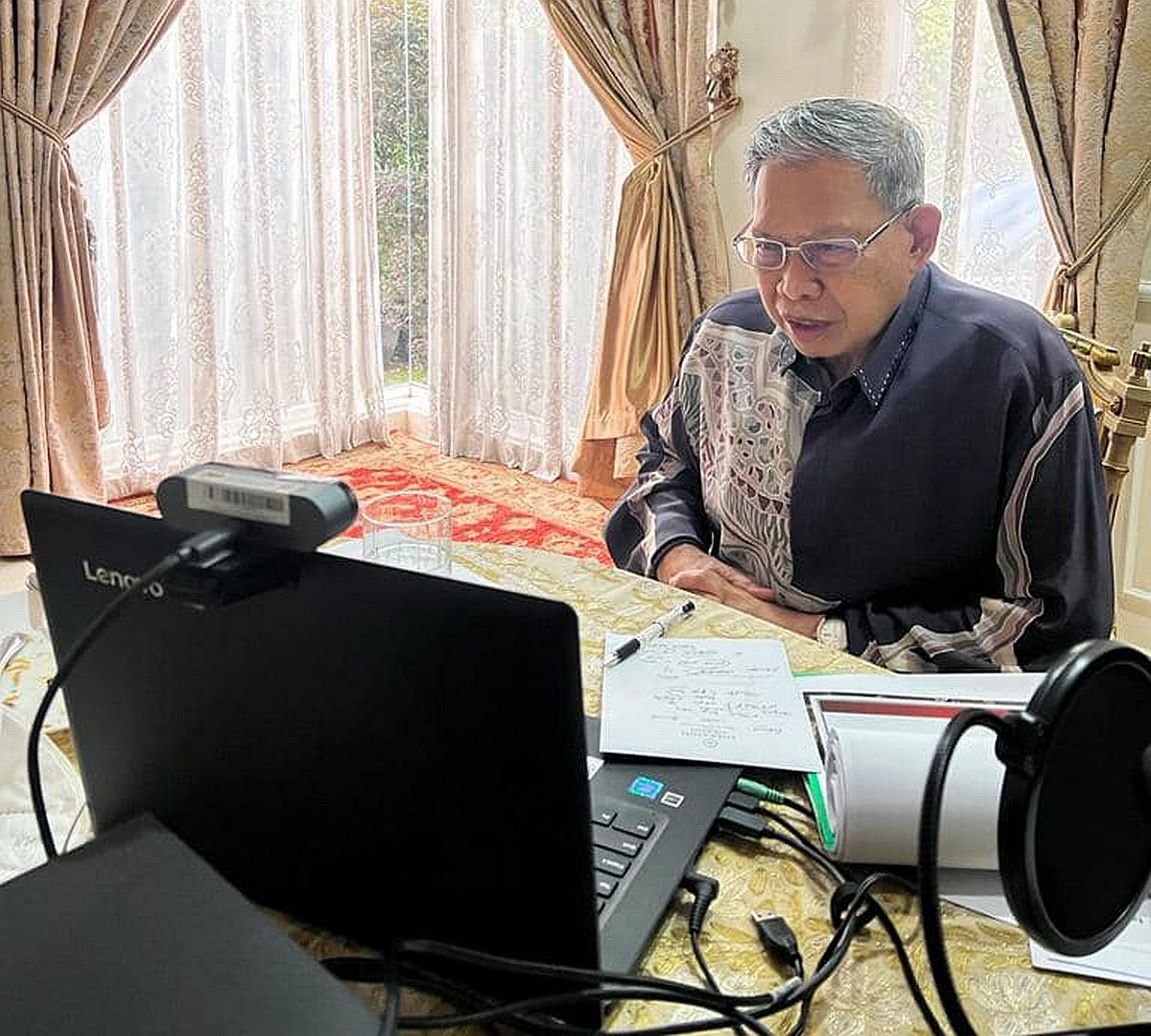KUALA LUMPUR, March 7 – Economic Minister Mustapa Mohamed today acknowledged Malaysia’s gender wage gap, but attributed it to jobs with lesser pay for women in general.
The minister in the Prime Minister’s Department for Economic Affairs claimed that women do not face wage discrimination in the public or private sectors.
“However, women generally hold lower-paying jobs, so that’s what causes, on average, women’s wages to be lower than men,” Mustapa told Cheras MP Tan Kok Wai in the Dewan Rakyat during Question Time today.
Tan had asked Mustapa to specify the government’s efforts to narrow the gender wage gap to help lift women out of poverty in urban and rural areas.
Despite Mustapa’s claim, a survey by the Women’s Aid Organisation (WAO) published in October 2020 found that more than half of women participants experienced at least one form of gender discrimination in the workplace.
This included being questioned about their marital status or plans to start a family, as well as being passed over for promotion in favour of less qualified coworkers.
According to the Department of Statistics Malaysia’s (DOSM) 2020 salaries and wages survey report, men’s mean and median monthly salaries exceeded women’s by 2.6 per cent and 3.7 per cent respectively.
Men earned a median monthly salary of RM2,093 in 2020, compared to women at RM2,019. In terms of average salaries, men earned RM2,963 a month in 2020, higher than women at RM2,889.
Mustapa, however, acknowledged that the Covid-19 pandemic disproportionately affected women in Malaysia, citing a World Bank study that found female-headed households and single mothers were hit the hardest.
“In the cities, studies do show that women were hit the hardest during Covid,” he said.
The Jeli MP also told Parliament today that the government planned to roll out a hardcore poverty programme in Kuala Lumpur next month in a few locations identified by the Kuala Lumpur City Hall (DBKL).
“We did find that in a few PPR, female-headed households were the highest.”
The minister said the government would use a new, targeted and holistic approach to eradicate hardcore poverty in Malaysia, including among female-headed households, by 2025.
Mustapa added that the Covid-19 pandemic significantly affected household income and is expected to increase the national poverty rate to 8.4 per cent in 2020. The Gini coefficient, which measures income inequality, is also estimated to rise from 0.407 to 0.4111.
Malaysia’s national absolute poverty rate declined from 49.3 per cent in 1970 to 5.6 per cent in 2019. Urban poverty dropped from 21.3 per cent to 3.8 per cent, whereas rural poverty declined from 58.7 per cent to 12.4 per cent.
The Gini coefficient dropped from 0.513 to 0.407 in the same period. A higher value indicates greater inequality.
Mustapa said DOSM would review and amend by the first quarter of next year the country’s poverty line that is currently set at RM2,208 monthly for households and RM1,169 monthly household income for the hardcore poor.
Beaufort MP Azizah Mohd Dun highlighted the wide wage disparity between the peninsula, and Sabah and Sarawak.
“Eight districts that are said to be the poorest are located in Sabah. There are also pockets of poverty in Sabah,” she said in the Dewan Rakyat.
Mustapa acknowledged the wage disparity, noting that the poverty rates in Sabah and Sarawak are among the highest in the country.
“Your Honourable should be aware that it’s impossible to eliminate this disparity, but we want to narrow it,” he said.
The minister said a socioeconomic government committee has been set up, which he chairs, and that several discussions have been held between the federal government and the state governments of Sabah and Sarawak.
“We’ll hear views from Sabah and Sarawak on the need for infrastructure like roads, health facilities, education, and water supply.”
Mustapa also noted the potential for growth along the Kalimantan border after Indonesia decided to move its capital from Jakarta to East Kalimantan.












